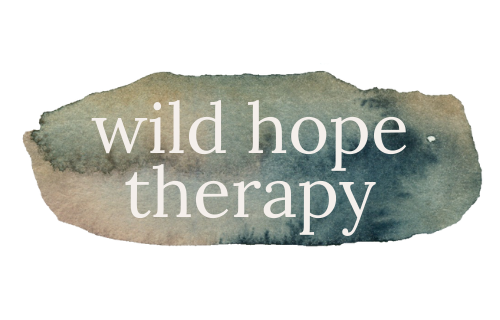highlighting the critical need for change during black maternal mental health week
**TRIGGER WARNING: this post contains sensitive content related to perinatal psychosis, suicide and murder and may not be appropriate for all audiences.
Written by Chahdael Foreman, LSW
My career as a perinatal mental health therapist came out of my experience with postpartum anxiety and OCD as a Black woman. I experienced intrusive thoughts of my baby getting hurt and excessive anxiety which was misunderstood as psychosis and led to a very traumatic experience for myself and my family. I was lucky enough to be evaluated by a culturally competent provider who considered my entire environment and experiences before placing me into a clinical box, so to speak.
As Black Maternal Mental Health Week kicks off everywhere in the US, we are reminded of the additional challenges that Black and African American women and birthing persons face while pregnant and parenting simply for the color of their skin. There is a deep mistrust of the healthcare system due to historical and systemic prejudices that directly impact treatment and often perpetuate groundless stereotypes about black bodies. These challenges overflow into mental health as well. While activities such as advocacy, awareness building, and social discourse have increased the role of culture and race within mental health, too many individuals still fall through the cracks.
This week, on April 11, 2024, news broke from the LA area of a young Black woman, Danielle Ayoka Johnson, taking her life and those of her partner and children (ages 9 and 8-months), due to fears of spiritual warfare. The news coverage captures Johnson’s paranoia around the eclipse that occurred on April 8, due to her profession as an Astrology influencer. While it will likely be very difficult to understand this story in totality as a result of Johnson’s suicide; we can’t ignore the signs and symptoms of postpartum psychosis that are apparent within this report.
Postpartum or perinatal psychosis is the most severe and most rare mental health complication in the perinatal period. According to Postpartum Support International, “perinatal psychosis occurs in approximately 1 to 2 out of every 1,000 deliveries, or approximately .1 -.2% of births. The onset is usually sudden, most often within the first 2 weeks postpartum, but can appear any time in the first year.”
Symptoms include:
Delusions or strange beliefs
Hallucinations (seeing or hearing things that aren’t there)
Feeling very irritated
Hyperactivity
Severe depression or flat affect
Decreased need for or inability to sleep
Paranoia and suspiciousness
Rapid mood swings
Difficulty communicating at times
“The most significant risk factors for postpartum psychosis are a personal or family history of bipolar disorder, or a previous psychotic episode,” according to Postpartum Support International.
It is important to note that postpartum psychosis, like all maternal mental health complications, is treatable. However, in order to treat any mental health condition, we must first be able to identify the concern and access support.
As a perinatal mental health therapist, it is so important for new parents and support people to understand and seek services at the first signs of mental distress. Educating yourself about symptoms, or early warning signs, and taking action can help to ensure prompt treatment. Early intervention can play a role in reducing the severity of an illness and interruptions in one’s life.
Perinatal mood and anxiety disorders impact 1 in 5 women and birthing persons and 1 in 10 fathers. While these birth complications don’t discriminate based on race or ethnicity, the rates for Black and African American women are almost twice that of their white counterparts, in large part due to the systems we have in place and racial bias.
The week of April 11-17, 2024 is Black Maternal Health Week presented by The Black Mamas Matter Alliance (BMMA). BMMA “is a Black women-led cross-sectoral alliance that centers Black mamas and birthing people to advocate, drive research, build power, and shift culture for Black maternal health, rights, and justice.” This organization is bringing important issues to light and creating space for thoughtful and system-changing conversation in the space of reproductive justice. We support and hold space for this important week of recognition because while we don’t know Johson’s full story, we can observe that she was a young Black mother who likely needed more screening, intervention and support that she and her family received.
If you or someone you know is experiencing a shift in mood or mental health concerns in the perinatal period, please know you are not alone and help is available.
Postpartum Support International
Perinatal Outreach and Encouragement for Moms (POEM)
Edited by Sara Parko, LSW, PMH-C
